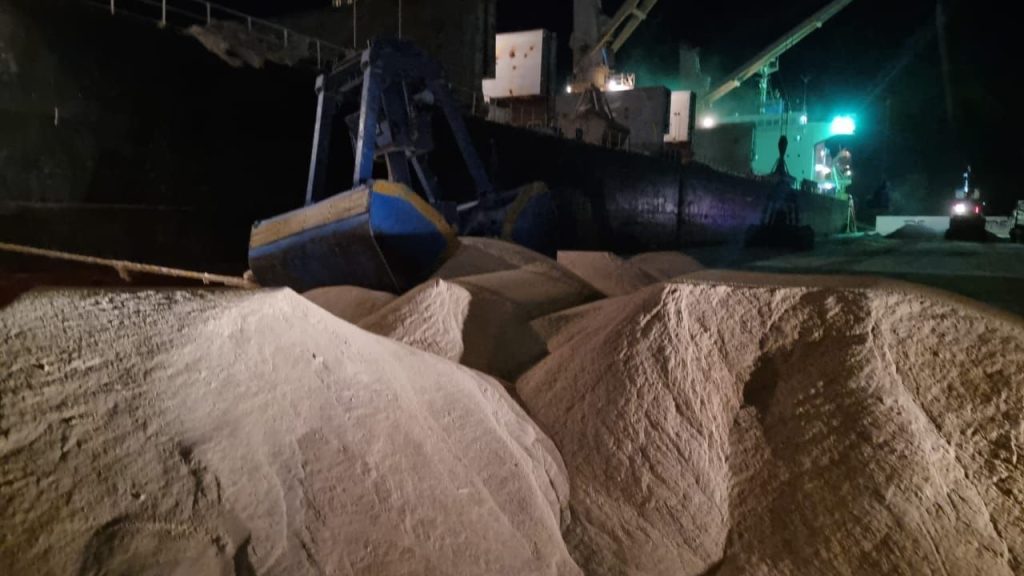Introduction
Sustainable agriculture is a growing concern as we grapple with the challenges of feeding a rapidly growing global population while minimizing environmental impact. In this quest for sustainability, ammonia, a colorless and pungent gas, emerges as a vital ally in the journey towards eco-friendly and efficient farming practices. This article explores the multifaceted role of this raw material in sustainable agriculture and its contributions to enhancing crop yields while reducing environmental harm.
The Ammonia Story
Ammonia (NH3) is a compound composed of one nitrogen atom and three hydrogen atoms. It is a critical component of the Earth’s nitrogen cycle and plays a fundamental role in plant nutrition. In agriculture, its significance is primarily associated with its use as a source of nitrogen, a key macronutrient for plants. As the world’s most widely used synthetic fertilizer, ammonia-based fertilizers, such as ammonium nitrate and urea, have long been pivotal to modern agriculture.
Enhanced Nutrient Delivery
Ammonia-based fertilizers provide a direct and efficient source of nitrogen to crops, aiding in their growth and development. By supplying crops with essential nutrients, ammonia-based fertilizers help increase yields, ensuring that farmers can produce more food on existing land without resorting to environmentally destructive practices like deforestation.
Reduced Environmental Impact
Ammonia’s role in sustainable agriculture goes beyond its ability to boost crop productivity. It also contributes to reducing environmental damage in several ways:
- Reduced Runoff: Ammonia-based fertilizers, when used judiciously, can reduce the risk of nutrient runoff. This means that fewer nutrients leach into water bodies, preventing harmful algal blooms and aquatic ecosystem disruption.
- Lower Greenhouse Gas Emissions: By promoting efficient nutrient utilization in plants, ammonia-based fertilizers can reduce the need for excessive fertilizer application, which can lead to the release of nitrous oxide, a potent greenhouse gas. This helps mitigate climate change.
- Minimized Soil Degradation: Properly managed ammonia-based fertilizers can improve soil health by providing necessary nutrients, reducing soil depletion, and promoting sustainable agriculture practices.
Innovations in Ammonia Production
Ammonia’s role in sustainable agriculture has been further bolstered by innovations in its production. Traditional ammonia production processes, such as the Haber-Bosch method, are energy-intensive and carbon-emitting. However, modern technologies, such as green or sustainable production, seek to minimize the environmental footprint. This includes utilizing renewable energy sources, carbon capture and utilization, and more efficient production methods.
Challenges and Considerations
While ammonia is a valuable ally in sustainable agriculture, it is essential to acknowledge potential challenges and considerations. Excessive or improper use of ammonia-based fertilizers can still harm the environment, contributing to nutrient pollution, soil acidification, and biodiversity loss. Thus, the responsible and balanced application of ammonia-based fertilizers is crucial.
Additionally, the production of this raw material can have environmental implications, particularly if fossil fuels are used in the process. Transitioning to sustainable and low-carbon production methods is vital to further enhance its role in sustainable agriculture.
The Future of Ammonia in Agriculture
Ammonia’s role in sustainable agriculture is evolving as we seek to balance the growing demand for food with environmental protection. It serves as a testament to our ability to harness chemical innovation for the greater good. As we continue to develop more eco-friendly production methods and refine our fertilizer application practices, this raw material remains a critical component in nourishing our crops and sustaining our planet.
conclusion
In conclusion, ammonia is not just a pungent gas; it is an essential tool in the hands of farmers and scientists working towards a more sustainable and food-secure future. By acknowledging its role and using it responsibly, we can ensure that ammonia contributes positively to the prosperity of agriculture while preserving the health of our planet.




